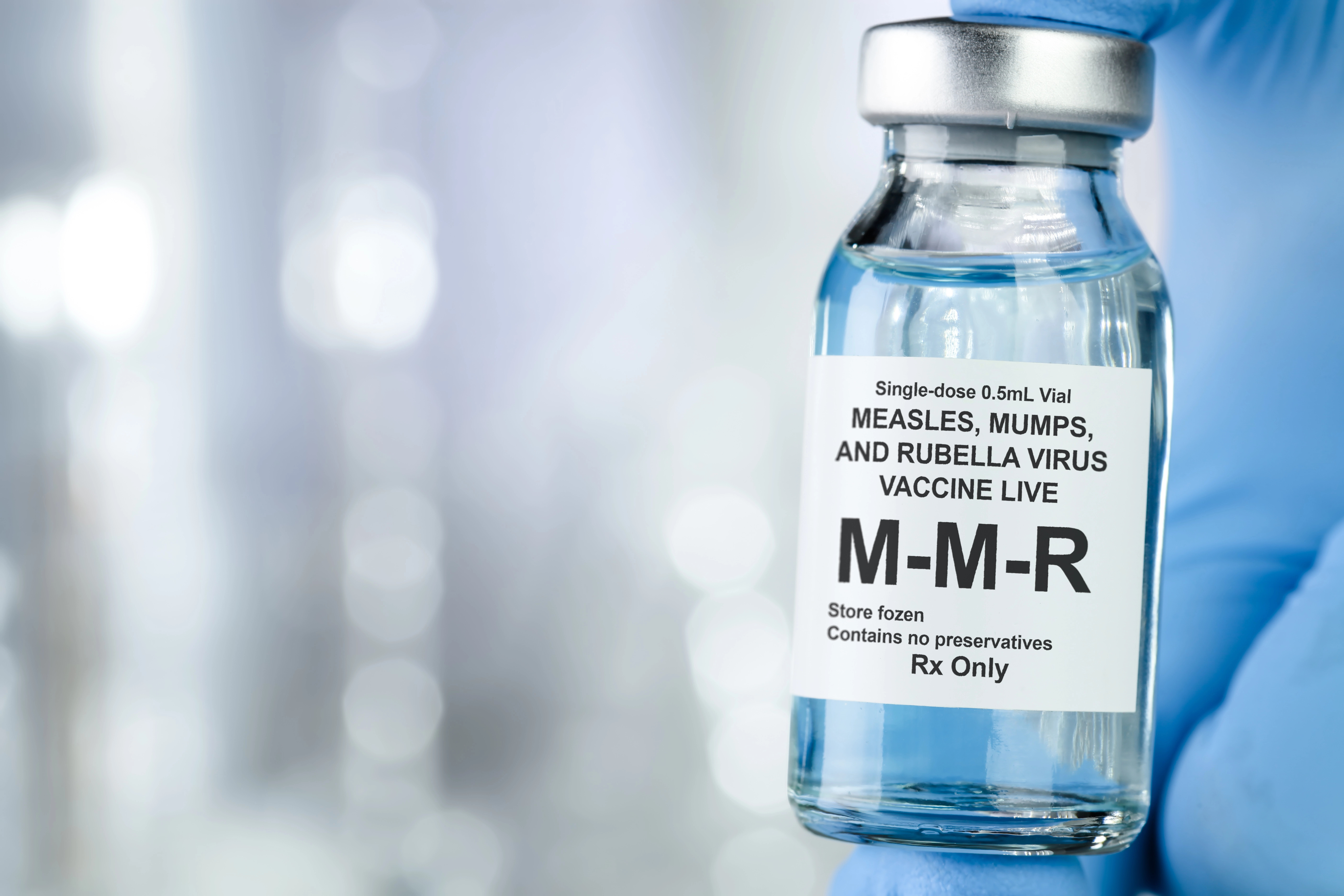Four cases of measles have been reported in infants attending the same nursery, with all currently receiving treatment in the hospital. The infants, aged 17, 16, 14, and 13 months, had not been vaccinated as their parents had delayed the immunisation for personal reasons.
“As a result, the virus spread to other children at the nursery, as measles is highly contagious, particularly among vulnerable individuals,” said Avraam Elias, director of the paediatric clinic at Makarios Hospital, speaking on radio Trito.
Although the infants remained in the hospital through Thursday afternoon, Elias later confirmed to the Cyprus News Agency that they were “out of danger.”
Vaccination coverage among children in Cyprus stands at approximately 82–85 per cent, which is considered too low to provide effective protection, as herd immunity requires a coverage rate of more than 90 per cent.
The measles vaccine, which also protects against mumps and rubella (MMR vaccine), is generally given to children around 9 months to 15 months of age, with a second dose at 15 months to six years of age, with at least four weeks between the doses.
“It is advised that children receive the first dose at 12 to 13 months, which provides 95 per cent protection. The second dose, administered three months later, increases protection to over 97 per cent,” Elias explained.
The vaccine is effective only if administered on time to prevent infection. Elias urged parents to ensure their children are vaccinated to “reduce the risk of severe illness and complications, as measles can pose an immediate threat to a child’s life.”
Health officials are particularly concerned about complications linked to measles, which can lead to serious conditions such as encephalitis, pneumonia and otitis media (middle ear infection).
Paediatricians are required to report cases to the health ministry.
Elias highlighted a case in the United States where a measles patient died from pneumonia. “Last year, Europe recorded a surge in measles cases. In my opinion, this is largely due to the negative perception of vaccines that emerged after the Covid-19 pandemic, leading to lower vaccination rates,” he said.
Measles is an airborne disease which spreads easily from one person to the next through the coughs and sneezes of infected people. It may also be spread through direct contact with mouth or nasal secretions. Humans are the only natural host for sustaining measles virus transmission.






Click here to change your cookie preferences